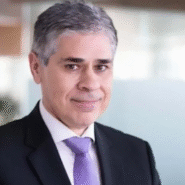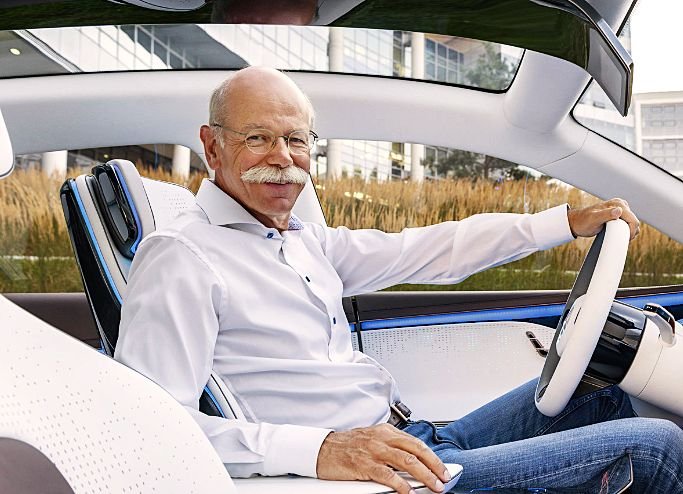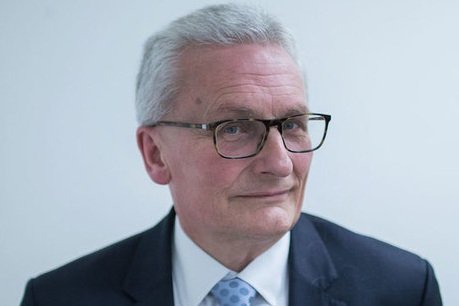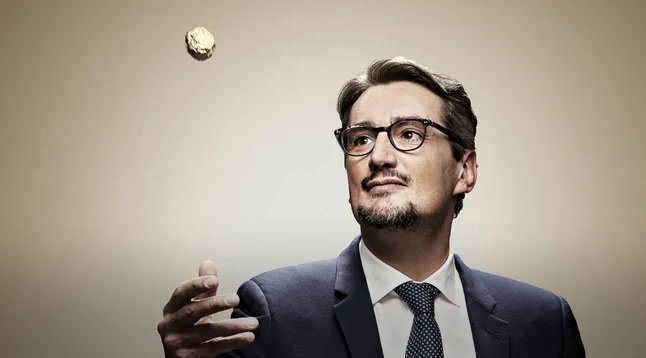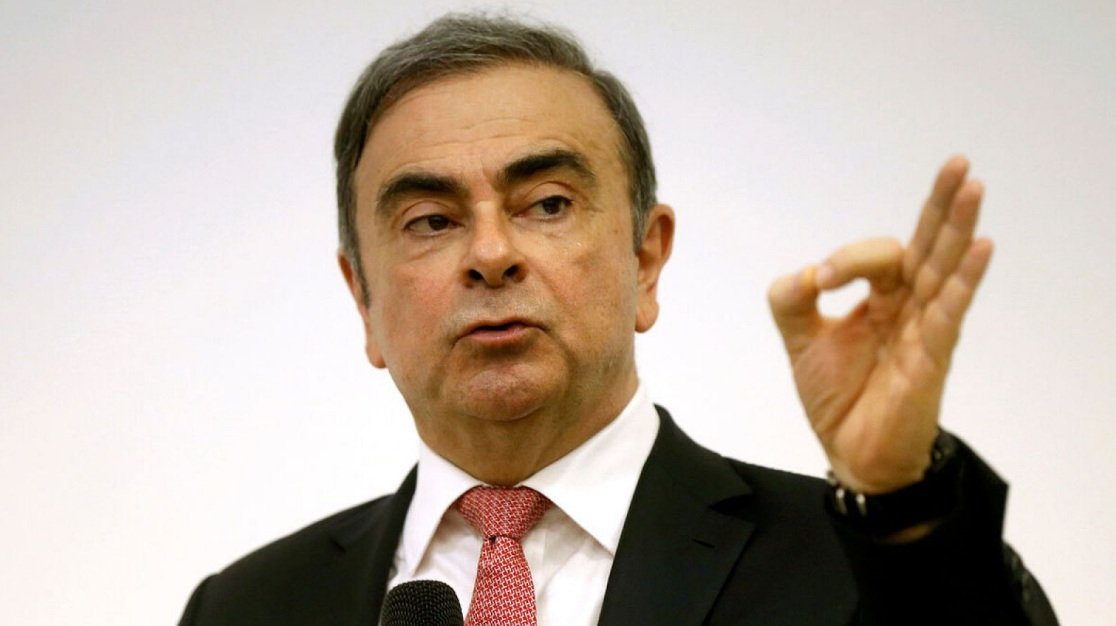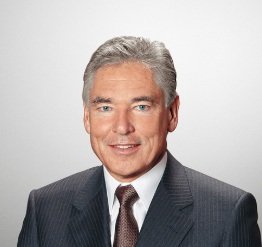CEO of Mercedes-Benz
Dieter Zetsche, born on May 5, 1953, in Istanbul, Turkey, is a German business executive best known for his role as Chairman of the Board of Management of Daimler AG and Head of Mercedes-Benz Cars, a position he held from 2006. He was also a member of Daimler’s Board of Management beginning in 1998.
Zetsche was born during his father Herbert Zetsche’s temporary engineering assignment in Turkey, working on a dam construction project. The family returned to Germany in 1956, where Zetsche attended school in Oberursel, near Frankfurt. He pursued electrical engineering at the University of Karlsruhe between 1971 and 1976 and earned his doctorate in engineering from the University of Paderborn in 1982.
His career at Daimler-Benz began in 1976 in the research department. By 1981, he had advanced to Director of Development in the commercial vehicles division. His rise through the ranks continued steadily, culminating in his appointment to the DaimlerChrysler Board of Management in 1998. In mid-2000, he became President and CEO of the Chrysler Group in the United States, where he was credited with stabilizing and revitalizing operations during a period of significant financial strain.
On January 1, 2006, Zetsche succeeded Jürgen Schrempp as CEO of DaimlerChrysler. He led the company through a transformative period, playing a central role in the 2007 demerger of Daimler and Chrysler, which resulted in the reestablishment of Daimler AG as a standalone entity. This move was seen as both strategic and symbolic, reflecting a shift in global automotive dynamics and the company’s desire to refocus on its core competencies.
Zetsche is widely recognized for spearheading a cultural and operational turnaround at Mercedes-Benz. During the early 2000s, the brand had faced a prolonged decline in product quality and customer satisfaction. Under his leadership, Mercedes-Benz implemented structural changes across production, design, and after-sales service. These efforts restored its reputation for engineering excellence and positioned it competitively in the premium automotive sector.
His influence extended beyond engineering and operations. Zetsche became a recognizable public face for Mercedes-Benz, contributing to a broader shift in the brand’s global identity. In 2006, Time magazine named him one of the 100 most influential people in the world, recognizing his impact not only on the automotive industry but also on global business strategy.
Dieter Zetsche’s legacy at Mercedes-Benz is defined by technological modernization, corporate realignment, and a return to engineering integrity. His tenure reflects a blend of technical acumen and leadership under complex geopolitical and market conditions, positioning Daimler AG and Mercedes-Benz for sustained relevance in a rapidly evolving industry.


